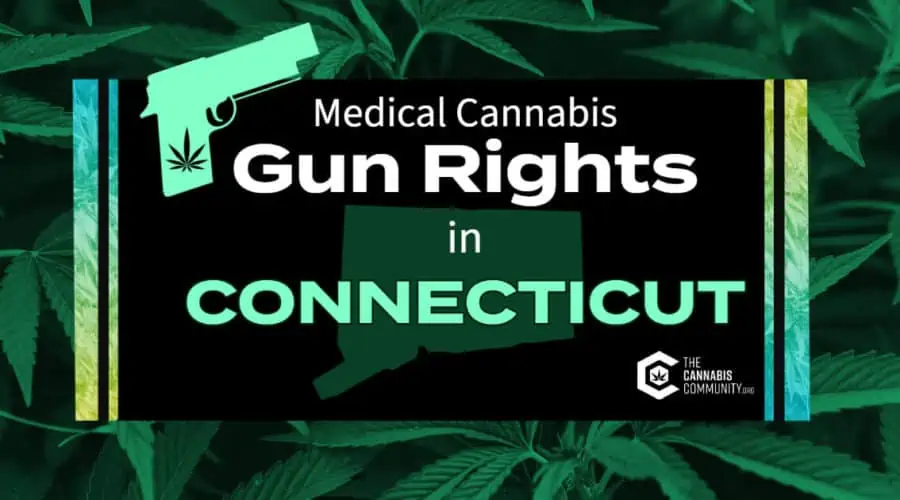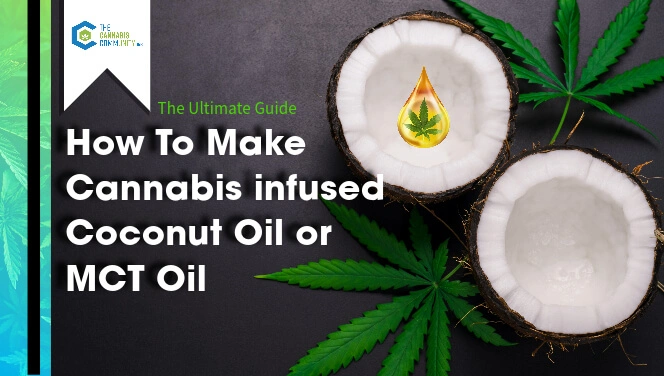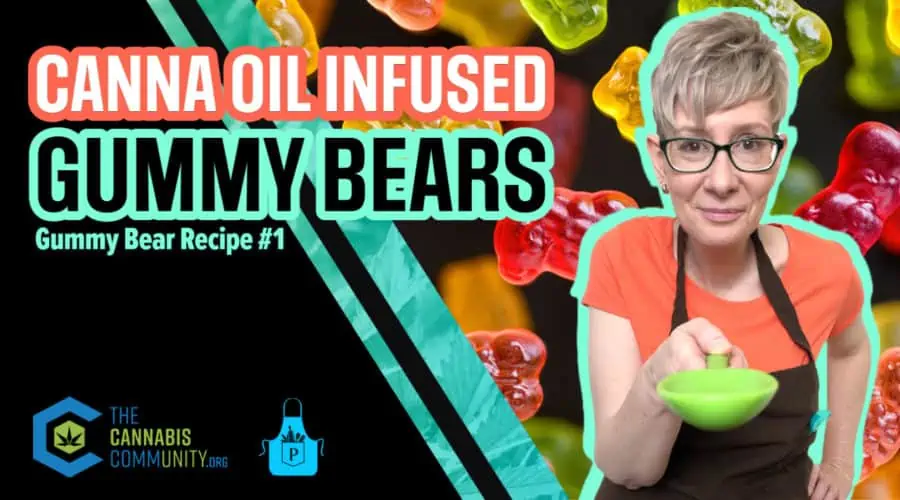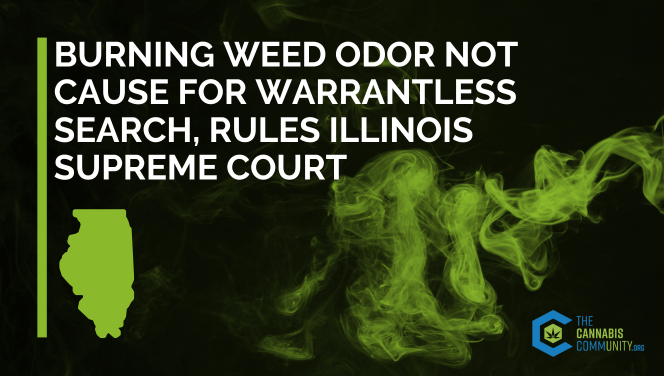Gun Rights for Medical Cannabis Patients in Connecticut
Table of Contents
Governor Dannel Malloy signed HB 5389 on June 1, 2012, making Connecticut the 17th state with a functioning medical marijuana statute.
In September 2013, the Department of Consumer Protection (DCP), formalized its regulations as the program’s administrator.
The bill, also known as “An Act Concerning the Palliative Use of Marijuana,” allowed registered patients to possess 2.5 ounces of medicinal marijuana after obtaining a doctor’s recommendation.
A patient can also select a caregiver who has consented to be accountable for their welfare.
No home growing is permitted, but patients and caregivers who have registered with the DCP may buy medicinal marijuana from state-licensed dispensaries.

The Department of Consumer Protection oversees the program, which includes making regulations, handling applications, and granting licenses and patient ID cards.
Minors were not permitted to take part in the program under the original law. However, Gov. Malloy signed HB 5450 on May 17, 2016, making it possible for young patients to be approved for certain medical marijuana treatments, starting in October 2016.
Adult Patients who live in Connecticut can qualify for medical cannabis if they have one of the following conditions:
- Cancer
- Glaucoma
- HIV/AIDS
- Parkinson’s disease
- Multiple Sclerosis (MS)
- Damage to the nervous tissue of the spinal cord with objective neurological indication of intractable spasticity
- Epilepsy
- Cachexia
- Wasting syndrome
- Crohn’s disease
- Post-Traumatic Stress Disorder (PTSD)
- Sickle Cell disease
- Post Laminectomy Syndrome with Chronic Radiculopathy
- Severe Psoriasis and Psoriatic Arthritis
- Amyotrophic Lateral Sclerosis (ALS)
- Chronic Regional Pain Syndrome (CRPS)
- Osteogenesis Imperfecta
- Interstitial Cystitis
- MALS Syndrome
- Vulvodynia and Vulvar Burning
- Ehlers-Danlos Syndrome associated with chronic pain
- Cerebral Palsy
- Cystic Fibrosis
- Irreversible spinal cord injury with objective neurological indication of intractable spasticity
- Terminal illness requiring end-of-life care
- Uncontrollable Intractable Seizure Disorder
- Migraines
- Intractable headaches
- Rheumatoid Arthritis
- Fibromyalgia
- Facial pain
- Postherpetic Neuralgia (Shingles)
- Muscular Dystrophy
- Brittle Bone disease
- Ulcerative Colitis
- Complex Regional Pain Syndrome
- Trigeminal Neuralgia
- Chronic neuropathic pain associated with degenerative spinal disorders
- Intractable neuropathic pain
- Tourette’s Syndrome
- Chronic pain of at least 6 months duration associated with a specified underlying chronic condition
Patients under the age of 18 may be eligible if they have one of the following conditions:
- Cerebral Palsy
- Cystic Fibrosis
- Irreversible spinal cord injury with objective neurological indication of intractable spasticity
- Terminal illness requiring end-of-life care
- Uncontrollable Intractable Seizure disorder
- Muscular Dystrophy
- Osteogenesis Imperfecta
- Intractable neuropathic pain
- Tourette’s Syndrome
- Severe Epilepsy
Does Having a Medical Cannabis Card Mean Not Being Eligible for a Gun License in Connecticut?
Unfortunately, you have to pick either one or the other. Because marijuana is a Schedule I substance, having a Connecticut Medical Marijuana card essentially prevents you from getting a Connecticut Pistol Permit (CTPP), which is a requirement to acquire and carry weapons in Connecticut.
Getting a medicinal marijuana card is far simpler than getting a CTPP.
To get a concealed pistol permit, you must first apply at your neighborhood police department. After that, you must submit a permit application to the Connecticut State Police.
A CTPP may be granted a you once you have completed the appropriate background checks.
According to federal law, it is forbidden for anyone who is an “unlawful user of or addicted to any controlled substance” [to] “possess… or receive any firearm or ammunition.”
It is also unlawful for anybody to sell a weapon to someone they suspect is an unauthorized user of, or addicted to, any restricted substance.
So, even if you get your Connecticut pistol permit, it will be impossible for you to buy or carry a gun with it.
Can You Take Your Gun to a Dispensary in Connecticut?
A buyer must hold either a Connecticut Pistol Permit (CTPP) or receive a Certificate of Eligibility for Pistol and Revolvers or Long Guns or Ammunition in order to purchase a firearm.
When purchasing a firearm from a private individual, a background check is necessary and private individual weapon transfers must be handled by a federally licensed dealer.
With a CTPP, both open and concealed carry are permitted in Connecticut, as long as you are at least 21 years old.
Some places are off-limits, such as state parks and schools. CTPPs also demand completion of a live-fire weapons training course that has the state’s approval.
Places where you can’t carry a firearm are::
- Public or private elementary or secondary school property and at school-sponsored activities
- State parks, state/national forests
- Bluff Point Coastal Reserve
- Any state building in which the chamber of either the Senate or House of Representatives is located
- Any private property where it is prohibited by the person who owns or exercises control over the premises
- Any place where the carrying of firearms is prohibited by federal law or state law or regulation
While carrying a gun in a dispensary may seem safe as long as you have your permit to carry, this may be an issue because owning a CTPP and a medical marijuana card is against both federal and state law.
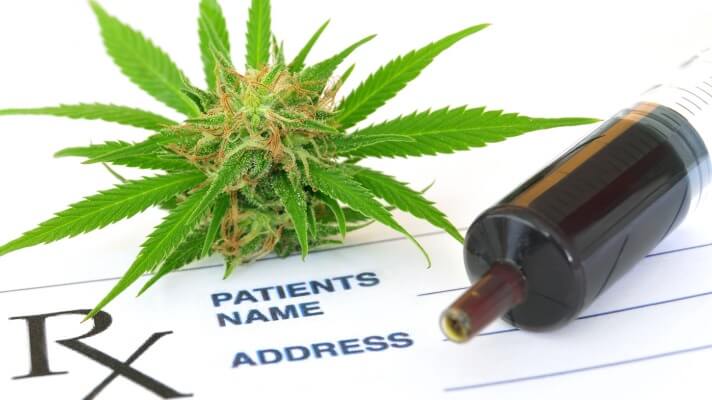
If you’re interested in medical cannabis, you may enjoy reading the following article: Who Can Tell I Have a Medical Cannabis Card?
Can You Consume CBD and Own a Gun in Connecticut?
As a result of Senate Bill 893, which requires licenses for all hemp growers and processors, hemp-derived CBD products are legal in Connecticut.
This means that any method of processing of CBD and its derivatives from the hemp plant that contain no more than 0.3% THC is allowed in the state.
However, a precise and strict protocol exists for CBD products made from marijuana. Without registering in the Medical Marijuana Program, purchasing CBD produced from marijuana is illegal, and consuming marijuana recreationally is prohibited.
Patients who sign up for the Medical Marijuana Program can only use both hemp-derived and marijuana-derived CBD products.
Gun ownership is fine as long as CBD consumed is within the limit applicable to your medical marijuana status.
Enjoyed This Content? Read More:
-
How to Make Cannabis-Infused Coconut Oil or MCT Oil: Crockpot Recipes
In this guide, you’ll learn how to make cannabis-infused coconut oil or MCT oil, decarboxylate cannabis, or choose to infuse cannabis into any oil of your choice.
-
How to Make THC Gummy Bears with Canna Oil
This is a great no-fail recipe for beginners. The corn syrup in this recipe will help your gummy bears have that nice and chewy texture we’ve all come to love.
-
Burning Weed Odor Not Cause for Warrantless Search, Rules Illinois Supreme Court
A Landmark Case for IL Medical Cannabis Patient Protections On September 9th, the Illinois Supreme Court issued a major victory for cannabis consumers and patients, declaring that the aroma of burnt cannabis is insufficient probable cause for a warrantless search. Illinois has long been at the forefront of the fight for plant medicine. Medical patients…
-
GMO Cookies: A Strain Review of Its Potent Aroma and Powerful Effects
GMO Cookies is a popular cannabis strain for homegrow. Here’s what you need to know to get started with these seeds.
-
Cherry Pie Cannabis Strain: A Sweet Treat with Potent Effects
Cherry Pie is a popular cannabis strain for homegrow. Here’s what you need to know to get started with these seeds.


